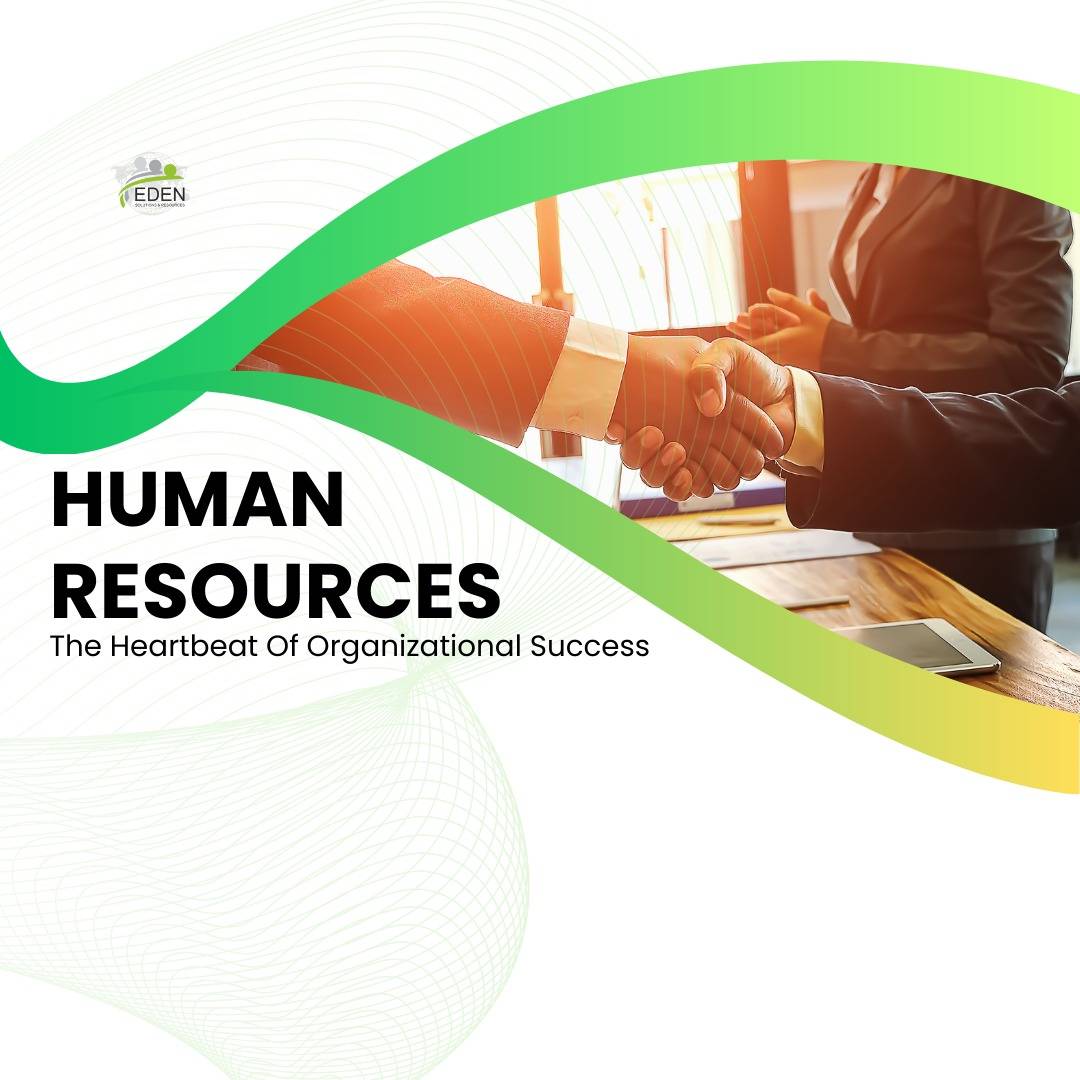Human Resources: The Heartbeat of Organizational Success
Human Resources: The Heartbeat of Organizational Success
Introduction:
Human resources (HR) is a vital function within organizations, serving as the catalyst for attracting, developing, and retaining top talent. In this blog, we delve into the multifaceted role of HR and explore its impact on employee engagement, organizational culture, and overall business success.
1. Strategic Workforce Planning:
HR professionals play a key role in strategic workforce planning, aligning the organization’s human capital needs with its long-term goals. They assess current and future talent requirements, identify skill gaps, and develop strategies to attract, recruit, and retain the right talent. Through effective workforce planning, HR ensures that the organization has the right people in the right roles to achieve its objectives.
2. Employee Engagement and Development:
HR is responsible for nurturing a positive and engaging work environment. They implement employee engagement initiatives, foster a culture of open communication, and create opportunities for professional development and growth. By prioritizing employee well-being, HR enhances job satisfaction, productivity, and retention rates, ultimately contributing to a motivated and high-performing workforce.
3. Recruitment and Onboarding:
Effective recruitment and onboarding processes are vital to the success of any organization. HR professionals oversee these processes, identifying talent, conducting interviews, and ensuring a seamless transition for new hires. They play a crucial role in assessing candidate suitability, promoting diversity and inclusion, and facilitating a comprehensive onboarding experience that sets employees up for success from day one.
4. Performance Management and Rewards:
HR is responsible for designing and implementing performance management systems that align individual goals with organizational objectives. They establish performance metrics, provide feedback, and facilitate continuous improvement through coaching and development opportunities. Additionally, HR designs reward and recognition programs that acknowledge and celebrate employee contributions, fostering a culture of appreciation and motivation.
5. Compliance and Employee Relations:
HR professionals ensure compliance with labor laws, regulations, and organizational policies. They handle employee relations, mediate conflicts, and foster positive relationships between employees and management. HR serves as a trusted resource for employees, addressing concerns, promoting fair treatment, and advocating for a healthy work-life balance.
Conclusion:
Human resources is the driving force behind effective talent management, employee engagement, and organizational success. By strategically aligning workforce planning, prioritizing employee engagement and development, managing recruitment and onboarding processes, implementing performance management systems, and ensuring compliance and positive employee relations, HR professionals shape the culture and capabilities of the organization. With their expertise, HR professionals play a vital role in creating a thriving workplace where employees can grow, contribute, and excel. Ultimately, HR is the heartbeat that keeps organizations pulsating with energy, talent, and success.



